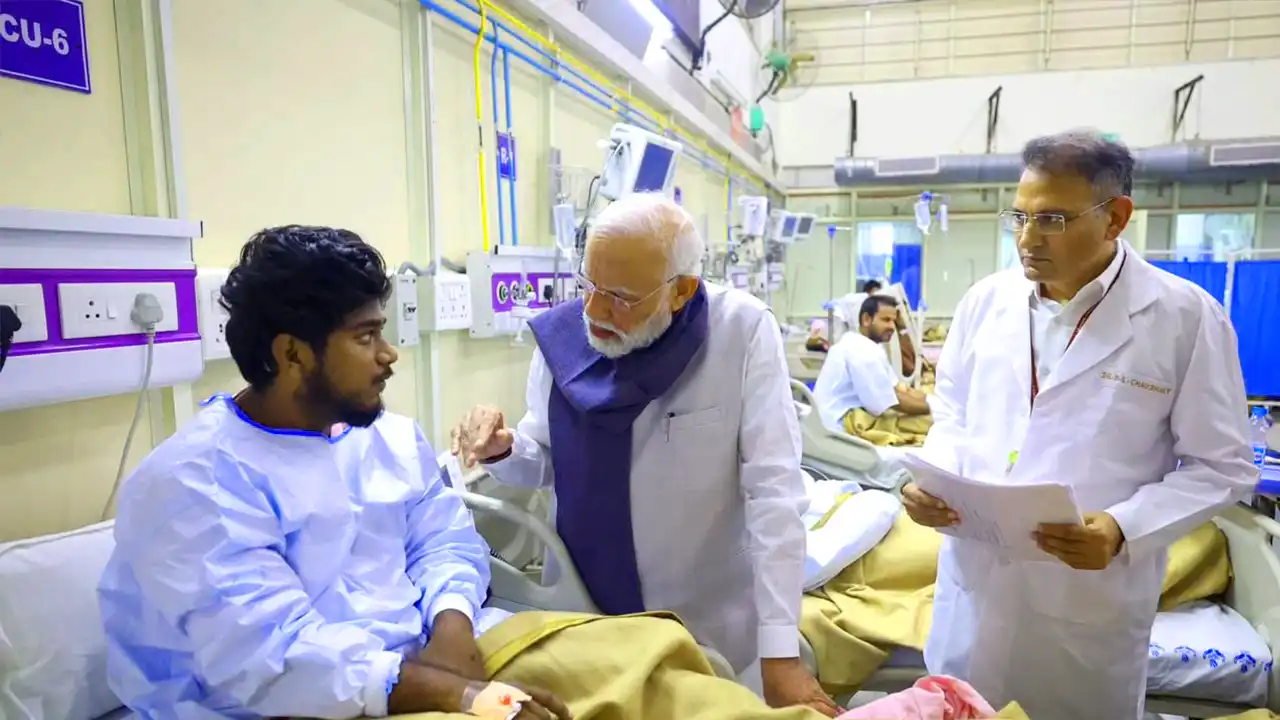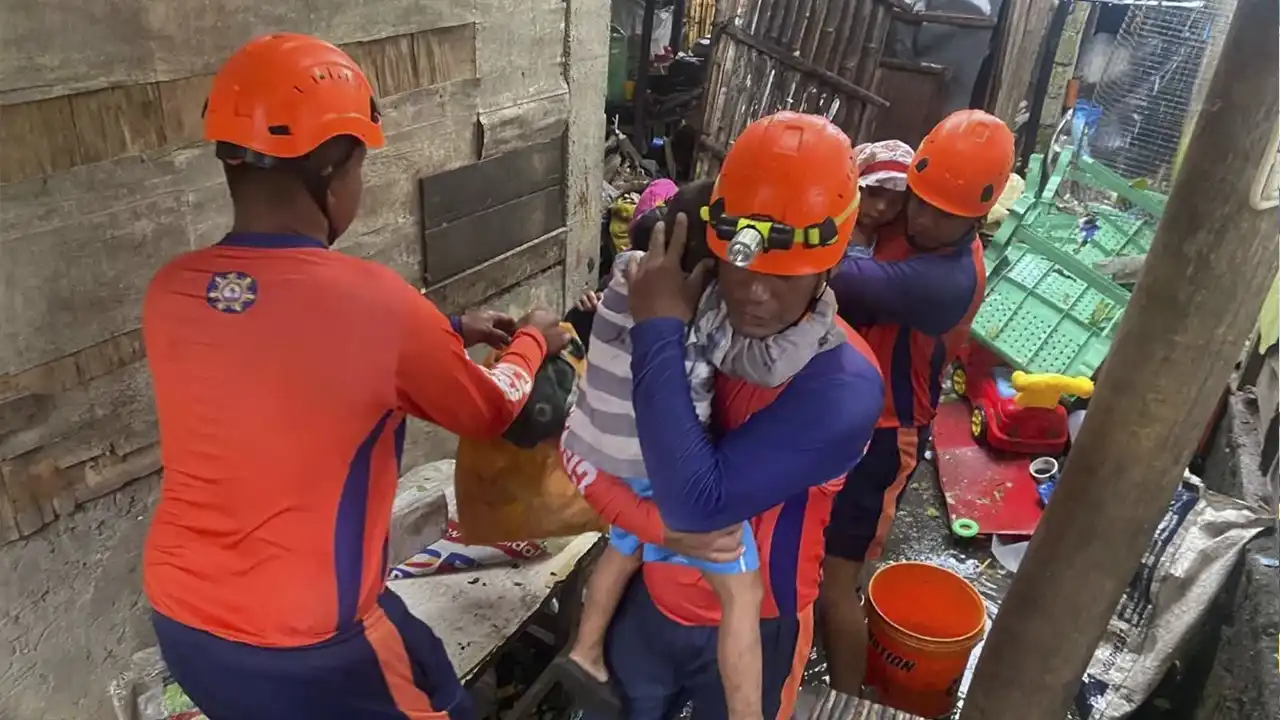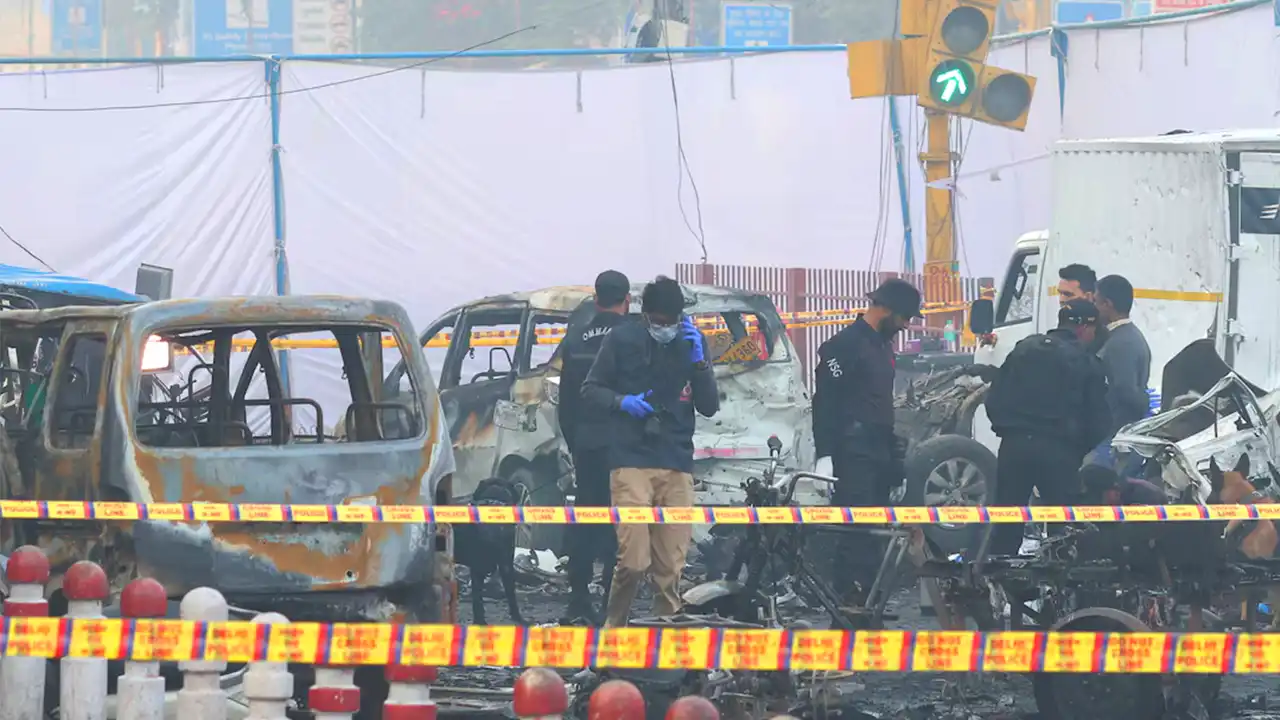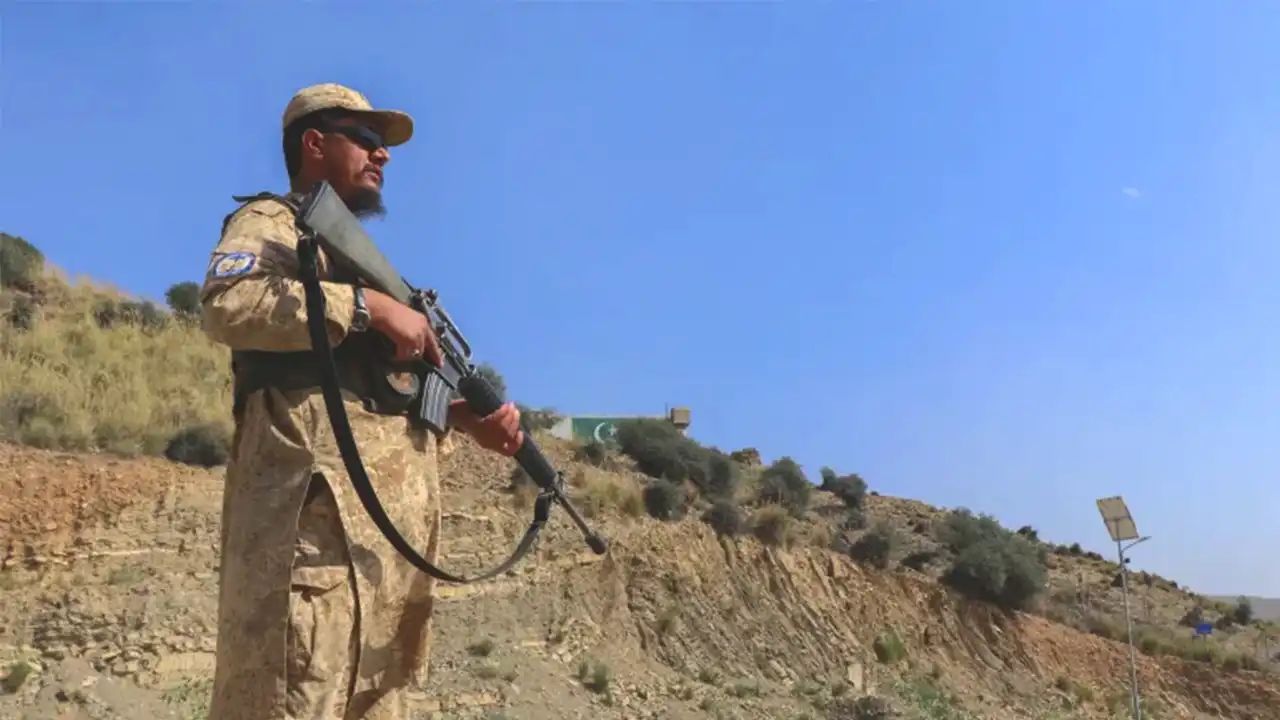India and Pakistan have engaged in a fresh round of blame-trading following back-to-back bombings in their capitals. Intensifying fears of renewed hostilities between the two nuclear-armed neighbors.

On Tuesday, Pakistan’s Prime Minister Shehbaz Sharif’s administration claimed that the suicide bombing outside a courthouse in Islamabad was linked to an India-backed militant group. Meanwhile, in New Delhi, several political and security circles blamed Pakistan-supported militants for Monday’s car explosion in the Indian capital.
Analysts warn that the escalating rhetoric could further strain already tense ties between the two rivals. Whose past disputes have repeatedly edged close to armed conflict. The consecutive blasts in both capitals have raised questions among diplomats and observers, many pointing to “a pattern of mystery and provocation.”
Indian law enforcement agencies launched a large-scale counterterrorism operation after labeling the New Delhi car explosion a “terrorist attack.” Anti-terror units were placed on high alert nationwide. Within hours, a leader of India’s Aam Aadmi Party alleged Islamabad’s direct involvement, even accusing anti-war activists of complicity.
Prime Minister Narendra Modi condemned what he described as a “conspiracy against India,” asserting that his government would bring the perpetrators to justice. Indian authorities later revealed that one of the suspects in custody admitted to planning violence on January 26, India’s Republic Day, next year.
In response, Prime Minister Sharif accused New Delhi of orchestrating Tuesday’s Islamabad court blast and a separate attack at a cadet college on the same day. However, he provided no concrete evidence to support his claims. India’s Ministry of External Affairs dismissed Islamabad’s allegations as “baseless,” with Foreign Minister Randhir Jaiswal stating that Pakistan’s leadership was attempting to divert attention from its own internal failures.
Analysts say both countries are engaging in a blame game without proof. They caution that continued violence, regardless of its origin, could severely damage diplomatic relations and further destabilize the region.
Iran condemns Pakistan blast, offers condolences to India
Iran expressed condolences to India and condemned the deadly bombing in Islamabad. Esmail Baqaei, spokesperson for Iran’s Ministry of Foreign Affairs, extended “sympathy to the government and people of India. Particularly to the families of the victims,” while “strongly condemning” the Islamabad court attack. He called for stronger regional cooperation to combat what he described as “the vile phenomenon of terrorism.”
Pakistan urged to reassess counterterror strategy after Islamabad attack
In an editorial, Pakistan’s Dawn newspaper warned that the Islamabad bombing reflected a “major security lapse.” It noted that while violence has long plagued Balochistan and Khyber Pakhtunkhwa. “Terrorists struck what is supposed to be one of the most secure cities in this country.”
“The Islamabad bombing brings back painful memories of the last wave of militant violence that took a heavy toll on both security personnel and civilians.” The paper wrote, urging authorities to “re-examine their counterterrorism strategy in the wake of the resurgence of militancy.”
Modi visits Delhi blast victims, pledges justice
Prime Minister Modi visited the LNJP Hospital in New Delhi to meet victims of the Red Fort metro station explosion. He reiterated his earlier statement, vowing that those behind the attack would face justice.
Read more: Super Typhoon Fung-Wong Devastates Philippines, Leaves 18 Dead, Heads Toward Taiwan
Experts across South Asia warn that unless both nations step back from mutual accusations and address the root causes of militancy. The cycle of violence could reignite a dangerous chapter in India-Pakistan relations.



